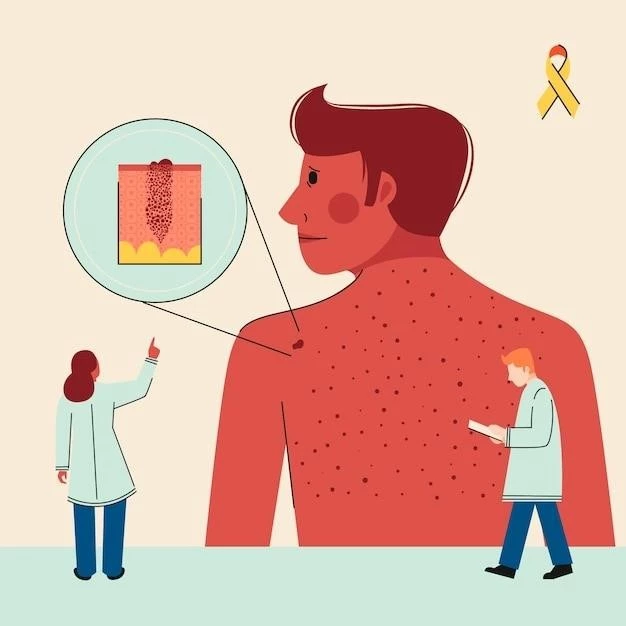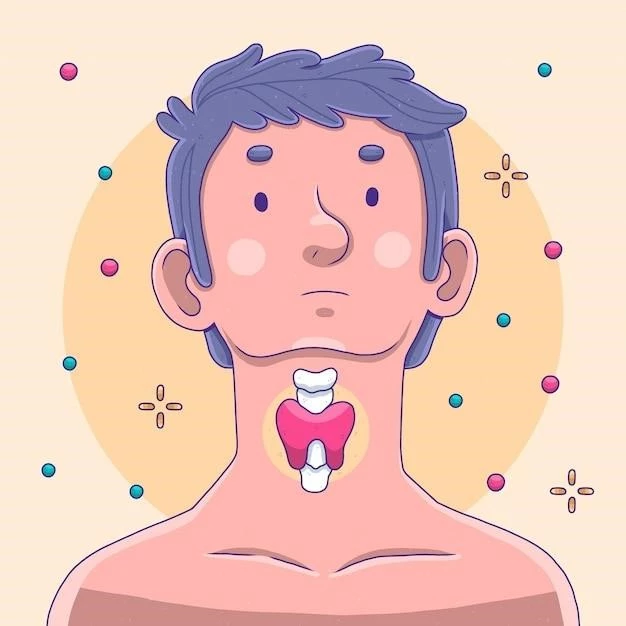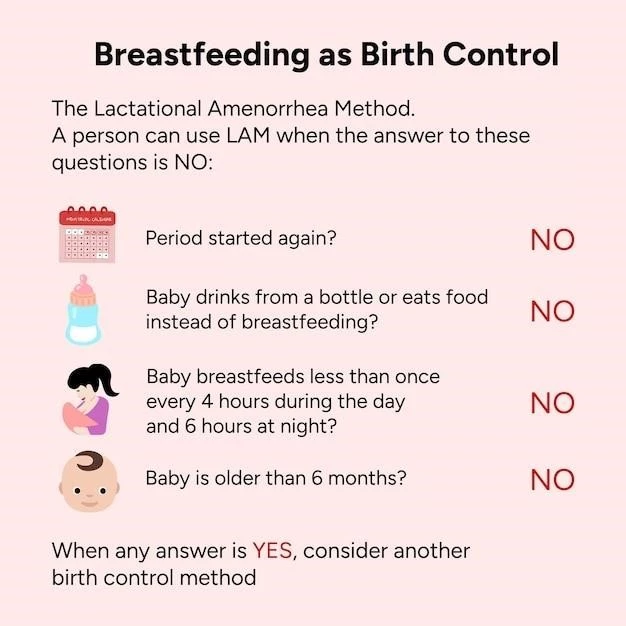Progeroid Syndrome De Barsy Type, also known as De Barsy Syndrome, is a rare genetic disorder characterized by premature aging and distinct facial features.
Progeroid Syndrome De Barsy Type, also known as De Barsy Syndrome, is a rare genetic disorder characterized by facial dysmorphism, progeroid appearance, and cutis laxa. It presents with eye abnormalities, growth retardation, and intellectual disability.
Genetic Basis of Progeroid Syndrome De Barsy Type
Progeroid Syndrome De Barsy Type, also known as De Barsy Syndrome, is an exceedingly rare autosomal recessively inherited genetic disorder associated with premature aging and progeroid features.
Autosomal Recessive Inheritance
Progeroid Syndrome De Barsy Type follows an autosomal recessive pattern of inheritance, meaning that both copies of the responsible gene in each cell have mutations. This rare genetic disorder results from changes in specific genes passed from each parent.
Facial Dysmorphism and Progeroid Appearance
Progeroid Syndrome De Barsy Type is known for its distinct facial features that include down-slanting palpebral fissures, a broad flat nasal bridge, and a small mouth, giving individuals a progeroid appearance.
Definition and Characteristics
Progeroid Syndrome De Barsy Type, also known as De Barsy Syndrome, is a rare genetic disorder characterized by facial dysmorphism, progeroid appearance, cutis laxa, and various clinical features such as eye abnormalities, growth retardation, and intellectual disability.

Diagnosis and Testing for Progeroid Syndrome De Barsy Type
Diagnosing Progeroid Syndrome De Barsy Type involves genetic testing and prenatal screening to identify specific mutations associated with this rare genetic disorder. Early diagnosis is crucial for effective management.
Genetic Testing and Prenatal Screening
Genetic testing plays a vital role in confirming the diagnosis of Progeroid Syndrome De Barsy Type by identifying specific gene mutations associated with this rare condition. Prenatal screening is also crucial for early detection.
Treatment and Management of Progeroid Syndrome De Barsy Type
Management of Progeroid Syndrome De Barsy Type involves a multidisciplinary approach to care, focusing on symptom alleviation, supportive therapies, and regular monitoring to address the diverse clinical manifestations of the condition.
Multidisciplinary Approach to Care
Managing Progeroid Syndrome De Barsy Type necessitates a multidisciplinary team that includes geneticists, dermatologists, neurologists, and other specialists to provide comprehensive care tailored to the individual’s needs and symptoms.
Prognosis and Life Expectancy in Progeroid Syndrome De Barsy Type
Understanding the prognosis and life expectancy of individuals with Progeroid Syndrome De Barsy Type is crucial in providing appropriate support and care to manage the condition effectively.
Impact on Quality of Life
Understanding the impact of Progeroid Syndrome De Barsy Type on the quality of life involves addressing the physical and psychosocial challenges faced by individuals with this rare genetic disorder. Providing comprehensive support is essential for enhancing their well-being.
Research and Advances in Understanding Progeroid Syndrome De Barsy Type
Stay informed about the latest research and scientific findings related to Progeroid Syndrome De Barsy Type to gain insights into advancements in understanding this rare genetic disorder and its management.
Current Studies and Scientific Findings
Stay informed about ongoing research studies and the latest scientific discoveries about Progeroid Syndrome De Barsy Type to contribute to advancements in diagnosing, managing, and understanding this rare genetic disorder.

Support Resources for Individuals with Progeroid Syndrome De Barsy Type
Explore patient organizations and counseling services to connect with support networks and access specialized care for individuals managing Progeroid Syndrome De Barsy Type.
Patient Organizations and Counseling Services
Based on the information available online, it is important to note that De Barsy syndrome is a rare genetic disorder characterized by a progeria-like appearance, distinct facial features, and cutis laxa. It is crucial to seek support resources and connect with patient organizations and counseling services to ensure individuals with Progeroid Syndrome De Barsy Type receive appropriate care and assistance. Stay informed about current studies and scientific findings to contribute to the understanding and management of this condition.
